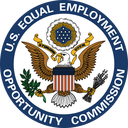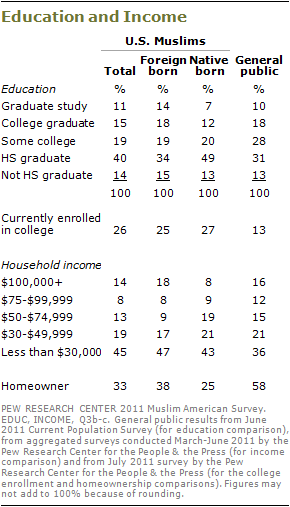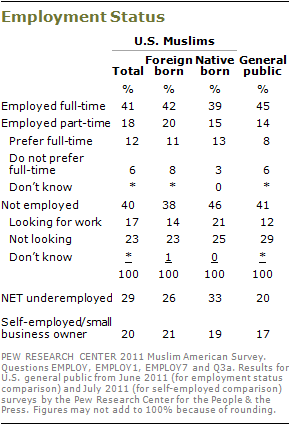
Federal Law
Federal law makes it illegal for an employer to discriminate against an employee on the basis of religion, race or national origin.
Title VII of the 1964 Civil Rights Act guarantees rights such as
- Reasonable religious accommodation. The failure of an employer to reasonably accommodate your religious practices may constitute employment discrimination. "Religious practices" include prayer breaks, wearing a beard or hijab, going to Jummah (Friday) prayers, going to Hajj, etc.
- Fairness in hiring, firing, and promotions. Your employer is prohibited from considering race, national origin or religion when making decisions affecting your work.
- A non-hostile work environment. Your employer must ensure that you are not subjected to anti-Muslim insults, harassment or unwelcome and excessive proselytizing.
- Complain about discrimination without fear of retaliation. Federal law guarantees your right to report an act of alleged employment discrimination. It is illegal for your employer to retaliate against you for your complaint.
Reality
Post 9/11 2001 the Equal Employment Opportunity Commission saw a 250% increase in religion-based discrimination charges involving Muslims.
Muslims make up only 2% of the U.S. workforce they filed 25% of religious discrimination claims in 2009.
The Council on American-Islamic Relations reported that 23% of workplace and public discrimination stems from Muslim women wearing headscarves.
A study by the American Civil Liberties Union Women's Rights Project found that 69% of women wearing hijabs have faced discrimination, compared with 29% of those not wearing such head scarves.
Federal law requires employers to accommodate headscarves, prayer breaks, and other religious practices based again on sincere religious beliefs unless doing so would impose an undue hardship on the employer.
In more Republican-leaning states, only 2 percent of applications by the Muslim candidate received interview invitations compared to 17 percent for the Christian candidate.
There are no significant difference in the proportion who graduated college (26% of U.S. Muslims, 28% of the general public), and the proportion who failed to finish high school (14% of U.S. Muslims, 13% of the general public). However, higher percentage of young Muslims (26%) are enrolled in college compared to the general public (13%).
Despite of the fact that there are no significant difference in qualification, underemployment is more common among Muslims than in the general public; 29% of Muslims are either unemployed and looking for work or working part-time but would prefer to have full-time employment, compared with 20% of adults nationwide who are in these circumstances.
Underemployment is particularly prevalent among younger Muslim adults; 37% of those under 30 are underemployed, compared with 28% of those ages 30-39, 23% of those ages 40-54, and 14% of those 55 and older.
Despite of the fact that there are no significant difference in qualification, underemployment is more common among Muslims than in the general public; 29% of Muslims are either unemployed and looking for work or working part-time but would prefer to have full-time employment, compared with 20% of adults nationwide who are in these circumstances.
Underemployment is particularly prevalent among younger Muslim adults; 37% of those under 30 are underemployed, compared with 28% of those ages 30-39, 23% of those ages 40-54, and 14% of those 55 and older.
*Disclaimer: All photos/ icons/images used in this site is strictly for educational purposes only and not for commercial use


